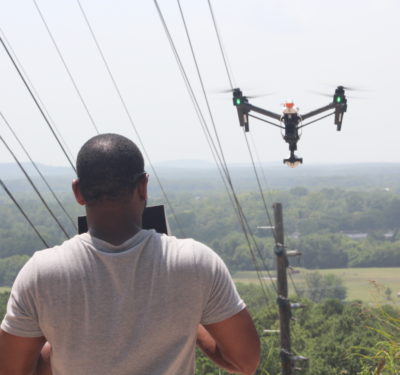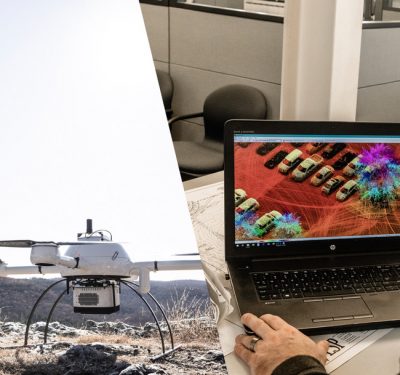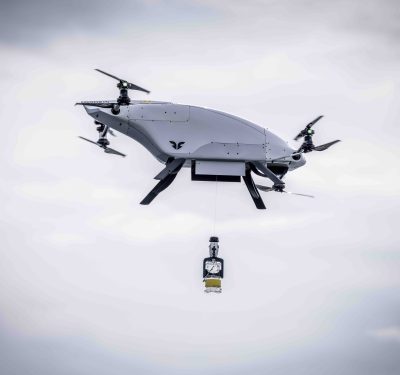UAV Navigation-Grupo Oesía has announced the launch of its GNSS-Denied Navigation Kit, a new development aimed at improving autonomous navigation capabilities for unmanned aerial systems (UAS) in environments where GNSS signals are unreliable or absent.
This product integrates the company’s Attitude and Heading Reference System (AHRS), the POLAR-300, with the Visual Navigation System (VNS01), to provide advanced dead reckoning navigation capabilities. This integration aims to minimize navigational drift and increase resistance to jamming and spoofing attempts, which are critical concerns in both civilian and defense drone operations.
The GNSS-Denied Navigation Kit is designed to offer navigational accuracy in environments lacking GNSS support, maintaining low error rates over distance traveled. It employs visual-based technology for improved estimation of attitude and position, ensuring stable flight paths under various operational scenarios. Additionally, the kit includes algorithms capable of identifying and mitigating the effects of spoofing and jamming, thereby ensuring the reliability and security of navigation.
The development of this navigation kit comes in response to the growing need for reliable UAS navigation solutions that do not solely depend on GNSS signals. Such signals are increasingly subject to disruption, whether through unintentional interference or deliberate electronic warfare tactics.
Miguel Ángel de Frutos, Director and CTO at UAV Navigation-Grupo Oesía, emphasized the importance of the new product in addressing the challenges faced by UAS operators in GNSS-denied scenarios. “We recognize the evolving requirements of the unmanned aviation sector and the GNSS-Denied Navigation Kit reflects our commitment to addressing these needs by enabling operations in environments where GNSS signal is compromised,” he said.
The GNSS-Denied Navigation Kit represents a step forward in the field of autonomous navigation, offering a solution that combines different technologies to maintain operational effectiveness in challenging conditions where traditional navigational systems fall short.






